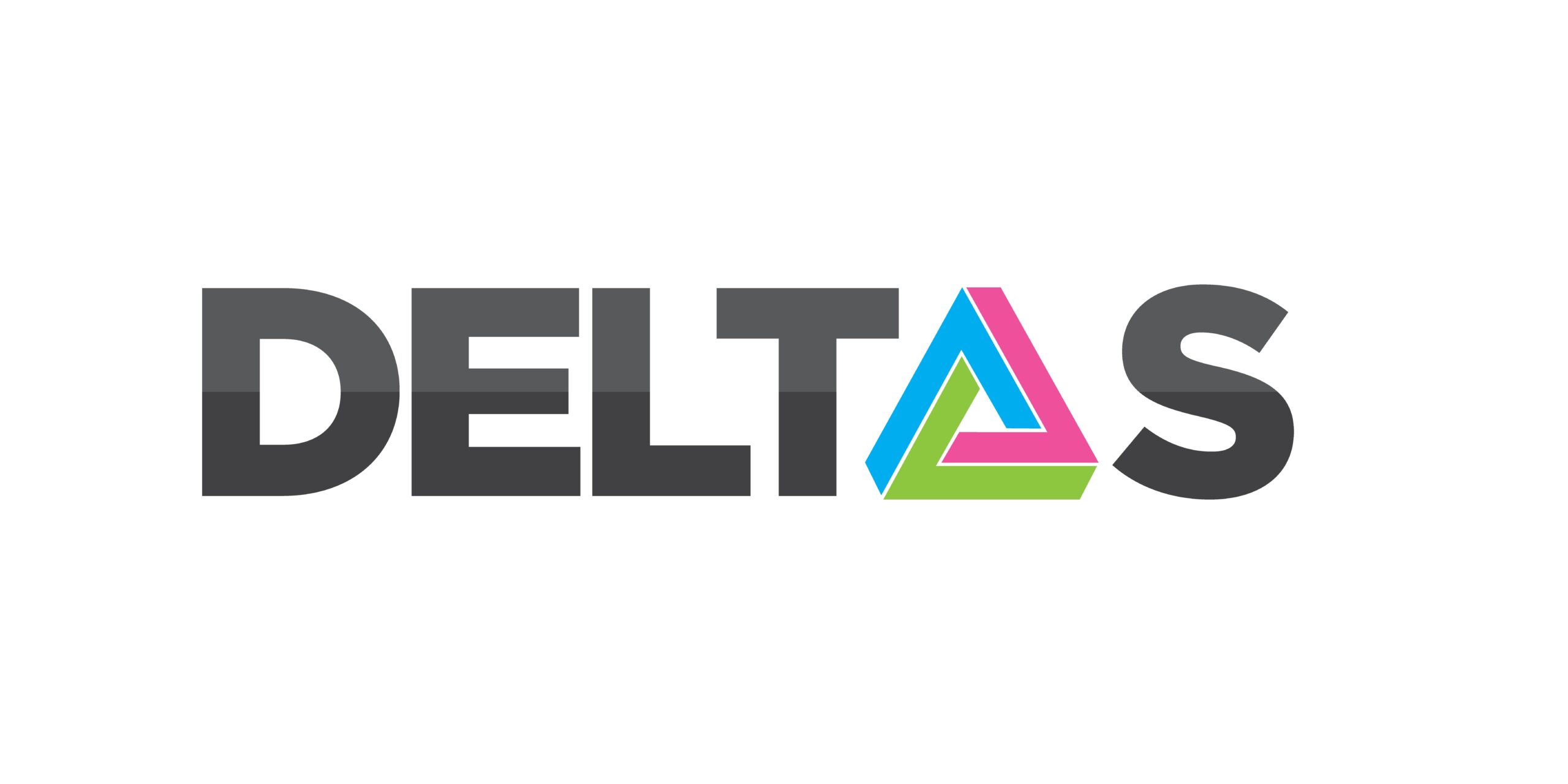Pinsent Masons, one of DELTAS’ committed law firm sponsors, opened its doors recently to an “invasion” of 50 excited fifteen year olds, from 5 different schools*. The occasion was a careers event organised by DELTAS and Pinsent Masons to expose a future generation of “white-hats” to the delights, rewards and challenges of a career in the various aspects of Cyber and Information Security in a law firm context.
Christian Toon, Pinsent Masons’ CISO, and his team squarely faced up to the challenge of ensuring that a potentially dry and fairly specialist, esoteric subject engaged the attention and interest of a teenage audience. As we all do (or should) know, not an easy task. Initially perhaps, the generous distribution of jellybeans helped break the ice, but Christian soon captured their interest through a comprehensive but down to earth overview of the importance and role of Cyber and Information Security in a law firm, the variety of potential careers in this area, and the not so insignificant potential rewards, financial and otherwise.
Christian’s setting the scene neatly segued into an interactive session led by Denise Beardon, Head of Information Security Engagement, exposing the students to the human aspects – and challenges – of Information Security. By this stage – particularly after Denise got the students up and moving around the auditorium – the “buzz” and engagement level was high. Challenge after challenge followed, ensuring not only interest, but engaging the highly competitive spirit of the students.
Sessions led by Nigel Tranter, CTO and Minhaal Rjani, Technical Security Specialist provided both an insight into the wider horizons of technology in a law firm, and a demonstration of what an actual working day consists of.
For me – and for the students – the highlight of the day was the practical challenge set for them. The students were organised by school, and in teams of approximately 7. They were provided with a written scenario, which required them to advise, as “security consultants” on a real-life data breach problem, encompassing not only the technical remedial actions, but also the business strategy regarding reputational damage, HR and financial implications. Each team – or table – was then required to elect one or more representatives to present their findings and recommendations.
It was impressive. The presentations clearly demonstrated that the teams had grasped the problem, and presented their recommendations clearly. Most remarkable was the level of confidence demonstrated by the presenters for the various teams – they were articulate, logical, and in some instances, demonstrated a high level of both technical knowledge and understanding of the business implications. We are justified in our confidence in the ability and insight of future generations!
As always, we are committed to capturing the (short-term, and eventually long-term) impact of our initiatives. Thus far, the short-term impact has been universally high, but we will only be able to assess the long-term impact as we follow each age cohort through their school career.
There is a further proviso – in line with DELTAS’ inclusive approach, we leave the selection of the participating pupils and students to the discretion of the careers advisers and teachers, with a guideline that they should select students who are potentially interested in a career in Technology, Security or Law, or who would benefit from attending one of the DELTAS events. As a result, our audience inevitably includes students who are “undecided” or indeed, have no expressed interest in technology as a career. Whilst this may initially have a negative impact on our results (which can be filtered out), in the context of our broader social commitment to future generations, the impact is negligible. If we can inspire just one of the “undecided’s” or “ not interested’s”, the effort is worth while.
Despite the caution with which we approach our findings, the impact of the Pinsent Masons event appears to be highly positive.
Methodology:
46 of the 54 students who attended completed the feedback form. Of these, we filtered out those with obviously inapplicable career choices (such as vet, doctor or sports coach), but included the “undecided’s” as well as those who included law, technology, or security as one of their potential career choices. That left us with 34 students who potentially have an interest in an area relevant to our sector, BEFORE attending the event.
Analysis
- Interestingly, post the event, 36 students indicated that they would have an interest in pursuing a career in LegalTech, Tech, Security or Law. We interpret that as meaning that we succeeded in significantly influencing at least two student’s career options. Out of the 46 respondents, this represents 78% of the attendees potentially interested in a relevant career.
- 35 of the respondees reacted “very positively” to the question of whether they found that the event broadened their understanding of career choices open to them (76%), whilst 9 gave the event a “neutral” (3 out of 5) rating. Interestingly, of the 9, 4 had already expressed an interest in Technology. We interpret that that whilst the event did not broaden their horizons, it may have reinforced their careers choice.
- One of the key questions when measuring the overall success of the event is whether the respondees would recommend a similar event to their friends. Overwhelmingly, (42 out of 46, or 91%), the response was positive.
Overall, the day was a great success. The student feedback was excellent and as always, those of us who participated in the event (the Pinsent Masons team and DELTAS) ended the day with a warm glow and a sense of achievement.
